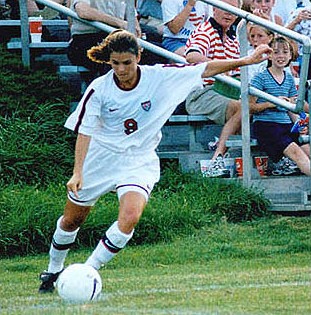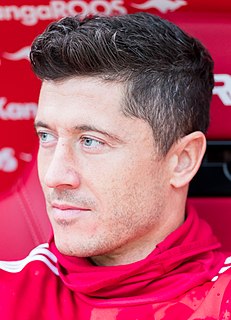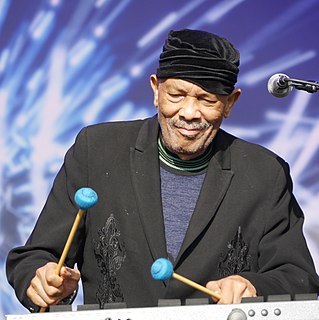A Quote by Michel Patini
During such a competition players are there for a long time as well as all the people around them. They need to train, to eat, to go out. There ought to be something in it for everyone. On that particular point, my experience has been a bonus.
Related Quotes
When players go out and train on their own, they usually do it at half speed. This kind of training is valuable, but it doesn't prepare you for competition, where you must perform at full throttle. So the trick is to schedule regular sessions of intense practice, while always leaving time to juggle and generally goof around with the ball
I don't like the term 'dinner as theater,' because that implies something thespian that I don't want to tie into this, but there are plenty of times that people go out to dinner because they want to have an experience. There are, however, probably many more times that people go out to eat because it's 7 o'clock and it's time to eat.
I think that a lot of the time I don't go for something in particular. I see what comes to me, I filter it out. I never really strive to play a particular character or do a particular genre of film. As long as it's a good script and a great range of people and my character is really interesting I can't see any reason not to do it.
The experience of climbing Kilimanjaro affected me so powerfully that, for a long time afterward, if I caught myself saying, "I'm not a person who likes to do that activity, eat that food, listen to that music," I would automatically go out and do what I imagined I didn't like. Generally I found I was wrong about myself - I liked what I thought I wouldn't like. And even if I didn't like the particular experience, I learned I liked having new experiences.
'Long Black Train' was inspired by a vision that I had of a long, black train running down this track way out in the middle of nowhere. I could see people standing out to the sides of this track watching this train go by. As I was walking, experiencing this vision, I kept asking myself, 'What does this vision mean and what is this train?'
You start to stress yourself out about the people around you. You start to think, like, "What do you really want from me?" And then you forget that you, at some point, asked them for something. At some point you needed them to take you in because you ain't had nowhere to go. And now you turn around and question their loyalty to you, and those were the only people loyal to you. The only people that really loved you are still there, and you tanked on them. I'll never let that happen.
We need to get the government out of the way. Inflation hits the middle class and the poor the most. Those are the people who are losing it. We don't have enough competition. There's a doctor monopoly out there. We need alternative health care freely available to the people. They ought to be able to make their own choices and not controlled by the FDA preventing them to use some of the medications.
If you truly don't have competition, then zoom out until you can define some. Competition can be as simple as the reliance on the status quo, Microsoft (since at some point Microsoft will compete with everyone for everything), or researchers in universities. Pick something, because saying you have no competition at all is a nonstarter.






































